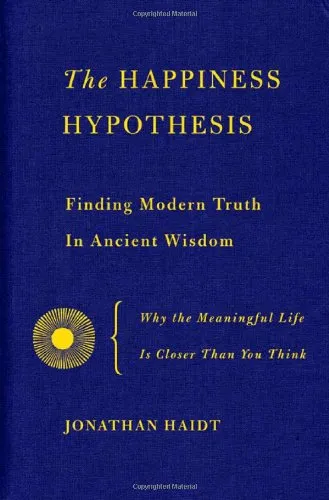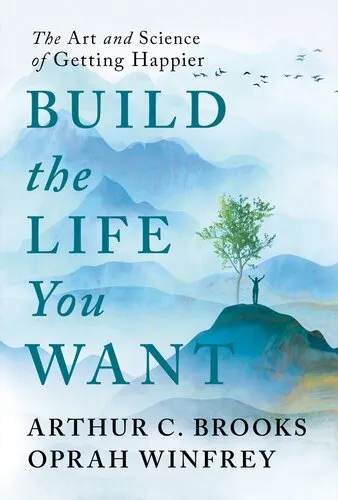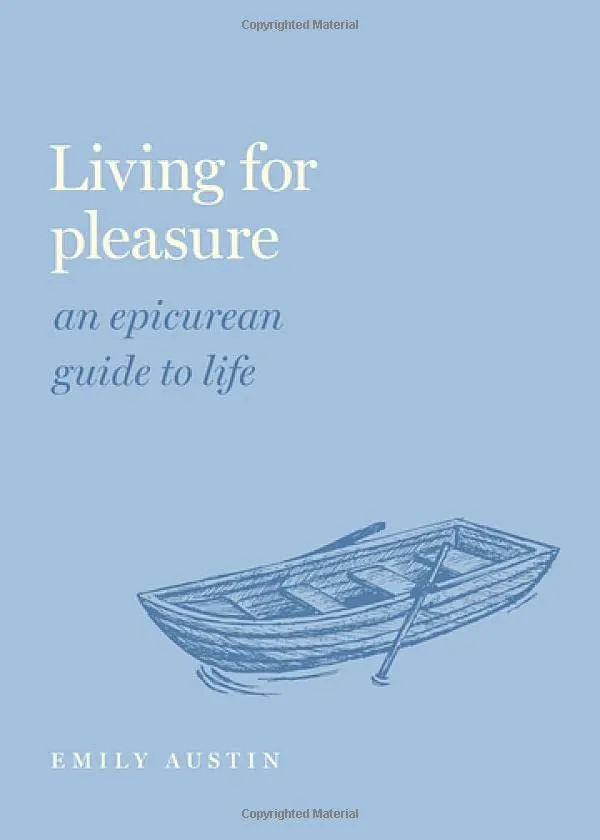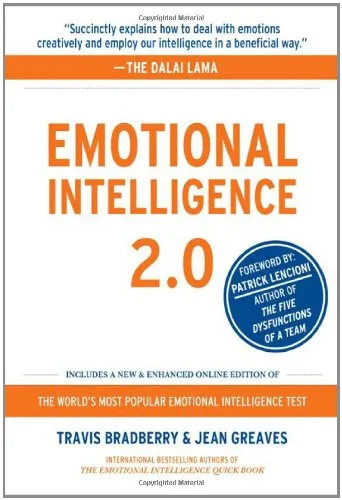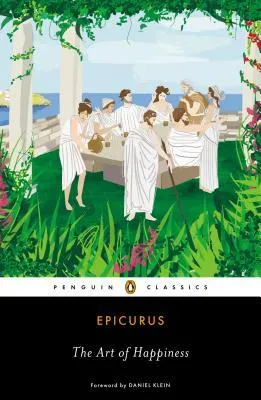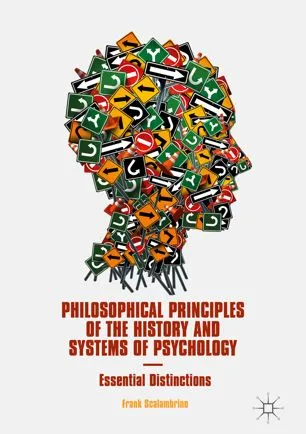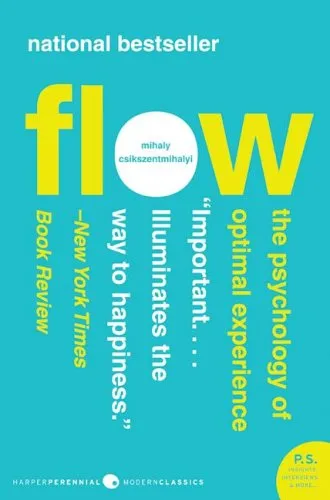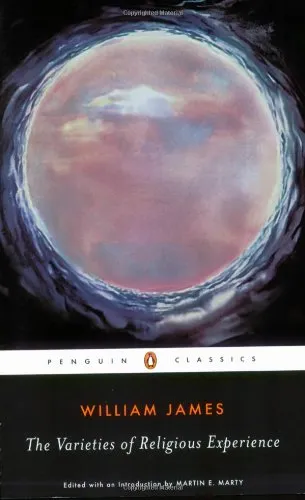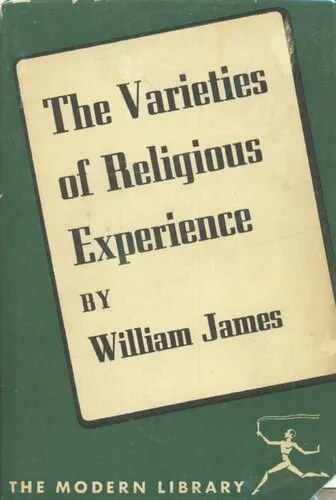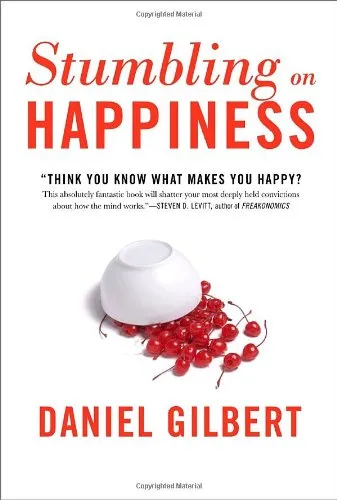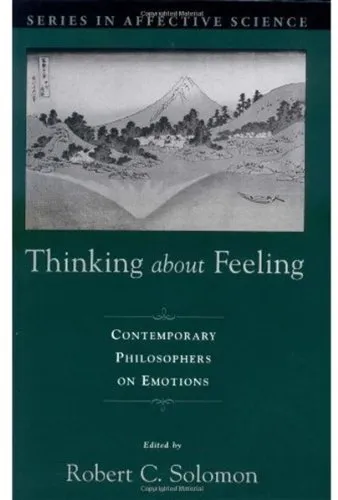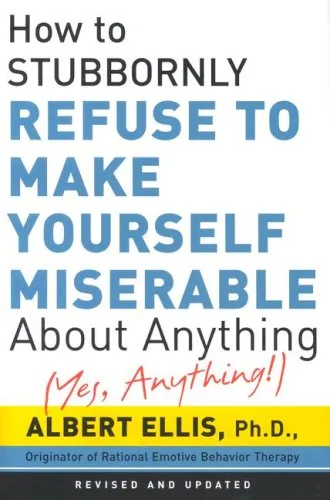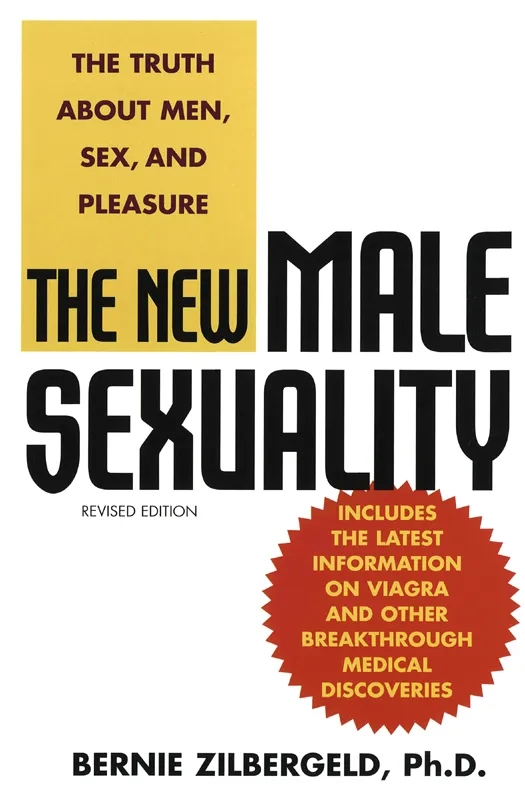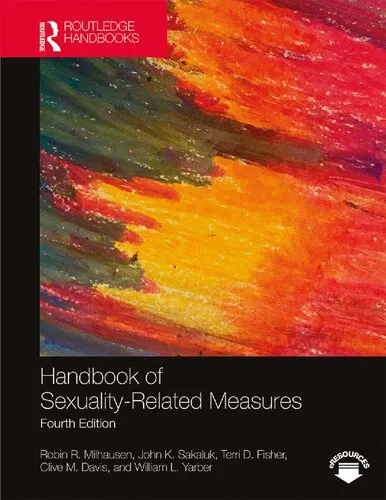The Happiness Hypothesis: Finding Modern Truth in Ancient Wisdom
4.6
Reviews from our users

You Can Ask your questions from this book's AI after Login
Each download or ask from book AI costs 2 points. To earn more free points, please visit the Points Guide Page and complete some valuable actions.Related Refrences:
Introduction to 'The Happiness Hypothesis: Finding Modern Truth in Ancient Wisdom'
Jonathan Haidt's 'The Happiness Hypothesis: Finding Modern Truth in Ancient Wisdom' offers a profound exploration into the nature of happiness and human fulfillment. This book deftly bridges the wisdom of ancient philosophical teachings with contemporary scientific research to uncover what truly makes us flourish. Haidt, a renowned psychologist and academic, delves into a diverse array of topics that are critically relevant to anyone seeking a deeper understanding of happiness in the modern world.
Detailed Summary of the Book
The foundation of 'The Happiness Hypothesis' is built upon ten timeless Great Ideas, derived from ancient philosophy and religious scriptures. Haidt embarks on a journey through these fundamental concepts—ranging from the pursuit of happiness to the balance between work and relationships—with a lens that merges ancient wisdom with cutting-edge psychological research. He discusses concepts like the 'duality of the mind,' which is rooted in the metaphor of the rider and the elephant, illustrating how our emotions often drive our rational thinking.
Haidt draws from a confluence of disciplines—psychology, neuroscience, ethics, and philosophy—to examine human nature. He asserts that traditional teachings, such as those from Plato, the Buddha, and Jesus, are more applicable than ever, providing a framework that guides individuals to discover meaning and purpose in their lives. Haidt also examines the role of adversity, arguing that challenges and hardships can lead to growth and ultimate satisfaction. Each chapter culminates in pragmatic advice, offering readers actionable insights to apply in their daily lives.
Key Takeaways
- The mind is divided like a rider on an elephant, where emotions (the elephant) significantly influence reasoning (the rider).
- Happiness is achieved through connections among external circumstances, voluntary activities, and a deep sense of purpose.
- Adversity and challenges can foster resilience and personal growth.
- Balancing ancient wisdom with modern science provides a comprehensive understanding of happiness and well-being.
- Personal values are crucial, and living in alignment with them leads to a more satisfying and meaningful life.
Famous Quotes from the Book
"Happiness comes from between. It comes from getting the right relationships between yourself and others, yourself and your work, and yourself and something larger than yourself."
"The emotional tail wags the rational dog."
"What makes you happy doesn't always make you fulfilled."
Why This Book Matters
'The Happiness Hypothesis' is not just a mere reflection on ancient wisdom, but a vital synthesis of the timeless truths with the rigor of modern science. At its core, the book provides a roadmap for cultivating a rich and fulfilling life. In an age driven by fleeting pleasures and instant gratification, Haidt's work serves as a necessary reminder of the deeper, more enduring components of happiness.
Haidt's exploration is not only academically enriching but practically relevant, making it a crucial read for anyone interested in self-improvement, psychology, or philosophy. The insights gleaned from this work empower individuals to navigate the complexities of modern life with an informed perspective that honors the past while embracing the capabilities of the present.
Free Direct Download
You Can Download this book after Login
Accessing books through legal platforms and public libraries not only supports the rights of authors and publishers but also contributes to the sustainability of reading culture. Before downloading, please take a moment to consider these options.
Find this book on other platforms:
WorldCat helps you find books in libraries worldwide.
See ratings, reviews, and discussions on Goodreads.
Find and buy rare or used books on AbeBooks.
1662
بازدید4.6
امتیاز0
نظر98%
رضایتReviews:
4.6
Based on 0 users review
Questions & Answers
Ask questions about this book or help others by answering
No questions yet. Be the first to ask!
